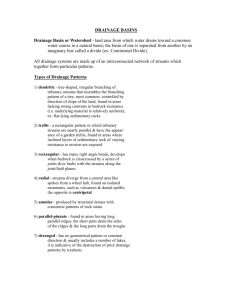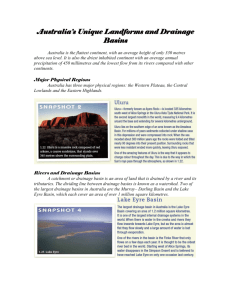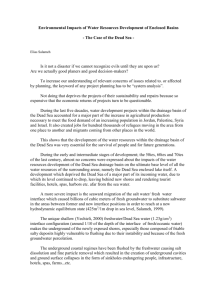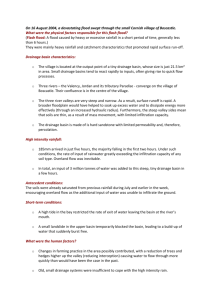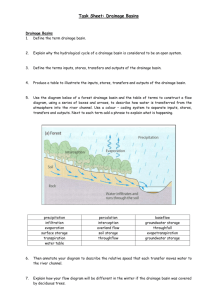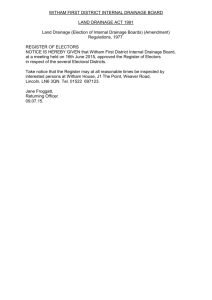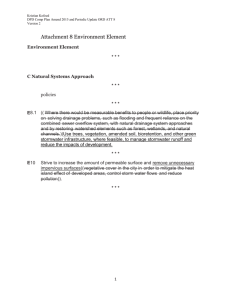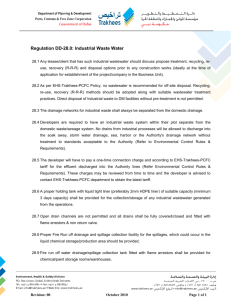fwb12556-sup-0001-SuppInfo
advertisement
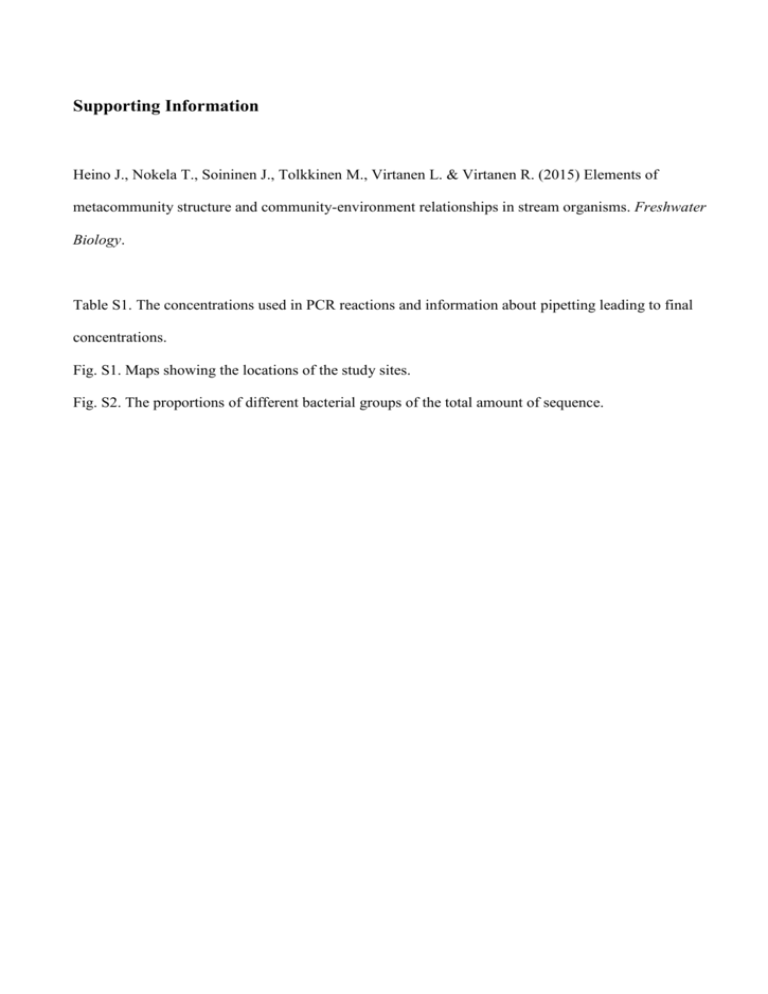
Supporting Information Heino J., Nokela T., Soininen J., Tolkkinen M., Virtanen L. & Virtanen R. (2015) Elements of metacommunity structure and community-environment relationships in stream organisms. Freshwater Biology. Table S1. The concentrations used in PCR reactions and information about pipetting leading to final concentrations. Fig. S1. Maps showing the locations of the study sites. Fig. S2. The proportions of different bacterial groups of the total amount of sequence. Table S1. The concentrations used in PCR reactions and information about pipetting leading to final concentrations. The latter follow the instructions given in Thermo Scientific (Thermo Fisher Scientific Inc., UK) Phusion Hot start II High-Fidelity DNA Polymerase product information sheet. Component 20 µL rxn 50 µL rxn Final concentration H₂O add to 20 µL add to 50 µL 5X Phusion GC Buffer 4 µL 10 µL 1X 10 mm dNTPs 0.4 µL 1 µL 200 µM each Primer A X µL X µL 0.5 µM Primer B X µL X µL 0.5 µM Template DNA X µL X µL Phusion Hot Start II DNA polymerase (2U/µL) 0.2 µl 0.5 µl 0.02 U/µL Fig. S1. Locations of the study sites in the three drainage basins (from Schmera et al., 2013), including the Tenojoki drainage basin (A), the Iijoki drainage basins (B) and the Koutajoki drainage basin (C). Note that all streams in the Tenojoki drainage basin are tributary streams draining into the main stem of the River Tenojoki, and no study site is located in the main stem river. Map credits: Mira Grönroos. Fig. S2. The proportions of different bacterial groups of the total amount of sequence in our samples from the streams of the Tenojoki drainage basin. Figure (a) shows the major bacterial taxa and figure (b) shows the main groups within Proteobacteria. a) Proteobacteria Bacteroidetes 13% Cyanobacteria 59% 16% Firmicutes Thermi Gemmatimonadetes Acidobacteria Actinobacteria b) 19% Gammaproteobacteria 57% 24% Betaproteobacteria Alphaproteobacteria


